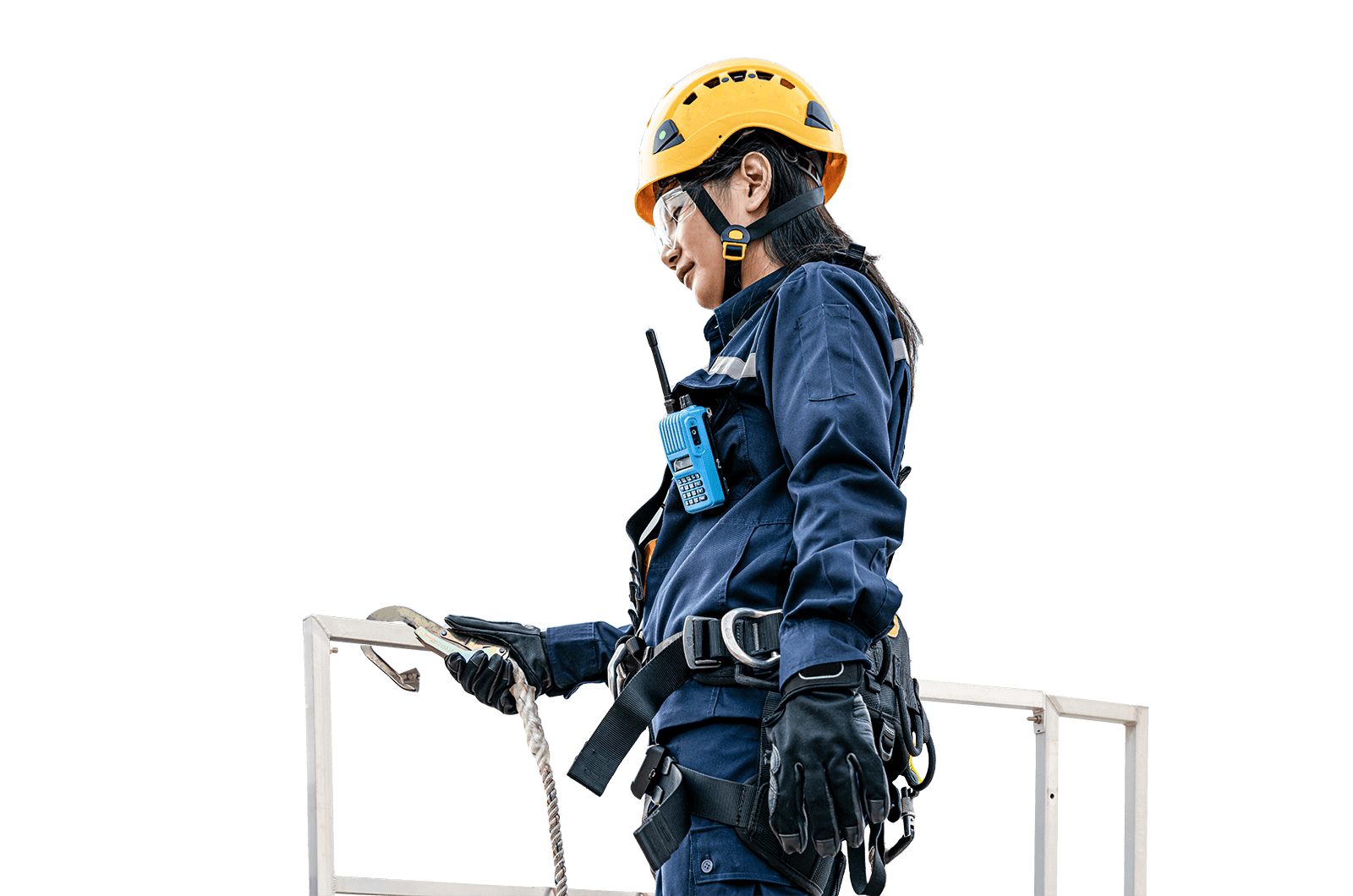Intertek offers writing of welding procedures and welder training to British, European and American welding qualification codes.
Our welding specialists provide welder training and certify welders to national and international welder qualification codes. We can help your staff develop the welding skills you require for your company, enabling you to enter new markets or bid for welding work requiring specific coding. Intertek supports firms in industry sectors such as construction, fabrication, automotive, rail, and power generation.
Welder training can be provided at your workplace or at our UK-based facility. Our welding specialists have extensive experience training to all of the major welder qualification codes, and they hold CSWIP (Certificate Scheme for Welding Inspection Personnel) and EWS (European Welding Specialist) qualifications.
Welder qualification codes/procedures to:
- BS EN ISO 9606 part 1 – 5
- BS EN 287
- BS 4872 parts 1 & 2
- ASME Section IX
- BS EN ISO 15614 parts 1 – 14
This international standard specifies the requirements for the qualification of welders for fusion welding of most metals. It provides a set of rules for the qualification of welders regardless of the type of product or industry. The welding processes referred to in this standard include those fusion welding processes which are designated as manual or partly mechanised welding and the qualification covers all types of welded joints.
BS EN 287
This European standard defines the qualification testing of welders for the fusion welding of steels. BS EN 287 will be replaced by EN ISO 9606 part 1 in October 2015.
BS 4872 parts 1 & 2
This British standard is suitable for welders involved in manual or semi-automatic fusion welding of ferritic steel or austenitic stainless steel fabrications for which the welding procedure does not have to be approved.
ASME Section IX
ASME IX is an American welding and brazing qualification for the construction of boilers, pressure vessels and pipework. The standard ensures that the welding procedure and resulting weld comply with the guidelines for construction and are capable of withstanding the environment they are intended for, without compromise to material or construction integrity.
BS EN ISO 15614 parts 1 - 14
This British and European procedure test is for arc and gas welding of most metals in all product forms and the arc welding of nickel and nickel alloys in all product forms. The standards specify how a welding procedure specification is qualified by welding procedure tests. It defines the conditions required for the execution of welding procedure tests and the range of qualification for welding procedures for all practical welding operations within a range of variables.
Arc and gas welding are covered by the following common processes:
- Manual metal arc welding (MMA /111 / SMAW)
- Metal inert gas welding (MIG / 131 / GMAW)
- Metal active gas welding (MAG / 135 / GMAW)
- Submerged arc welding (SAW / 121 / 125)
- Flux-cored metal arc welding (FCAW / 136)
- Tungsten inert gas arc welding (TIG / GTAW)
- Plasma arc welding (PAW / 15)
- Oxy-acetylene welding (OAW / 311)
Other types of joint testing offered:
- Brazed and soldered joint testing
- Resistance weld testing
- Laser weld testing
- Electron beam weld testing
- Flash butt weld testing
- Diffusion bonding testing
If additional welder training is required to reach the specified standard, our welding specialists tailor welding courses to the individual and the requirements of your company.
Our welder qualification codes and training services will provide you with the Total Quality Assurance that your welding procedures and welders meet industry codes and standards.
